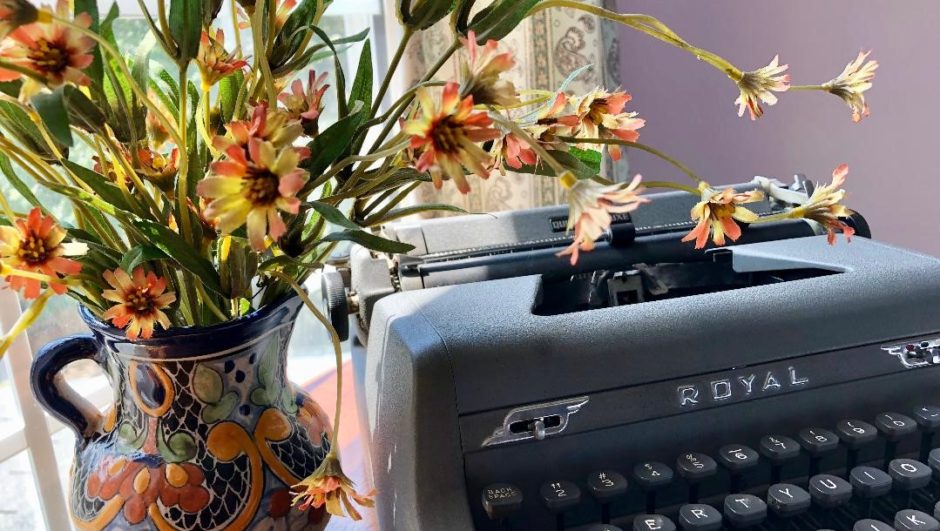
The rolling hills and rocky outcrops of the Lower Zambezi Valley in southern Africa portray an untamed wilderness with two national parks and various hunting reserves, all without fences or borders. The Zambezi Valley is safari land where the grunting of hippos at night sound like giant bullfrogs. For most non-Africans, our glimpses of this pristine area, elephants drinking at a water hole and leopards slinking in the grass, are formed from television or the movies.
Poaching, however, presents a different and gruesome picture.
More than 10,000 elephants and 7,000 rhinos in southern Africa have been killed in illegal poaching during the last ten years alone and slaughtered mainly for their tusks and horns. The trophy hunting areas throughout Africa comprise acreage that is equivalent to the size of France.
The Akashinga are women trained to stop the rampage.
The name Akashinga translates in the Shona language as, the brave ones. Brave indeed. The elite female rangers living and working in Zimbabwe share the same mission – to thwart the insidious poaching that has for decades decimated African wildlife.
Australian Damien Mander started the program to which the Akashinga are dedicated. Inspired by the story of the Black Mambas, the world’s first female, unarmed anti-poaching unit working near South Africa’s Kruger National Park, Mander saw the possibility of a similar project for Zimbabwe.
Trained in the military himself, he sought out female recruits and interviewed 90 hopefuls. He narrowed the field and put the remaining candidates through three days of exhaustive military-style training. He assumed many would drop out; only three did, and eventually, 16 women formed the unit.
An interesting note is that he also had 189 local men go through the interview process and put them through the same training. At the end of three days, only three remained. Mander decided to stay with his original idea of an all-female ranger squad.
Why women for anti-poaching? Research has shown that women in developing countries are less likely to accept bribes from poachers, and the women invest 90% of the earned income back to their families. Therefore, the women demonstrate an important conservation principle – that wildlife can be worth more to the community alive than dead.
However, traditions are hard to change, especially when you consider that one skinned leopard earns the poacher the equivalent of an entire month’s salary in the impoverished nation of Zimbabwe.
The Akashinga have all been survivors of trauma: AIDS orphans, sexual and physical assault victims, and women whose husbands abandoned them – leaving them to raise their children alone. Mander knew the women would form a cohesive unit, and they did.
They patrol in the bush of Phundundu, a 115 square mile former trophy hunting area in the Zambezi Valley. The women eat together, a vegan diet, and continue to train, practicing in unarmed combat as well as with their AR-15 rifles. When poachers are apprehended, the women, often dressed in camouflage, present an empowered presence. Their guns are real.
Raids are conducted at night with four women to a unit with the accompaniment of a local police officer and Damien Mander. When their vehicle races into a village compound, the women jump out and take their positions. The police officer raps on the door of a poaching suspect and usually finds the illegal animal skins inside the home. Since October of 2017, when their program started, the female rangers have contributed to 72 arrests, without firing a single shot.
By day the women patrol in units in their assigned 12-mile areas, looking for and destroying poachers’ snares. They are well aware of the dangers of their jobs. Last March, two rangers and a trainer drowned while attempting to cross a swollen river.
Working in units, two weeks on, two weeks off, the women are saving African wildlife and saving themselves in the process. No longer feeling like helpless victims, the Akashinga have helped each other gain confidence and independence.
They bank their salaries and invest in their children’s future, a future where African wildlife hopefully roams free.
Thank you to blog follower Dixie Hallaj for sharing the Akashinga’s story with me.
If you enjoyed the blog, and are not yet a follower, please sign up on the right sidebar for more monthly stories about strong women. My historical fiction novels of two unforgettable strong women are Cut From Strong Cloth and Last Curtain Call. Both are available in bookstores and on Amazon at www.amzn.com/1940553024 and 1940553067.
Here’s to all strong women. They deserve to have their story told.
~ Linda

Love this inspiring story of the Akashinga women of Zimbabwe. Just finished a book about Zimbabwe “The Last Resort” by Douglas Rogers. Quite an eye opener with a lot of humor for such a dark topic! Wow! These women have survived so much in their lives and yet still want to give of themselves for a wonderful cause – thank goodness their daily fight against poaching and their individual sacrifice also brings benefits to their local communities and their own personal lives. Again thanks for this inspiring story, Linda!
You are welcome, Karen. They were an inspiring group to research!
Thanks Linda, for sharing this inspirational story of strong women in Zimbabwe. I have been in writing circles with the women in Malawi, a neighboring country, and know the challenges women face in a patriarchal society that does not credit them with the vital contributions they make to family and community. Yet, they are truly strong women who invest daily in educating their children and putting food on the table. Not an easy task in a developing country!
I agree, Sue. As American women, we sometimes forget that women in other parts of the world struggle so much.
Strong women make a big difference wherever they are.
Thanks for giving us so many role models.